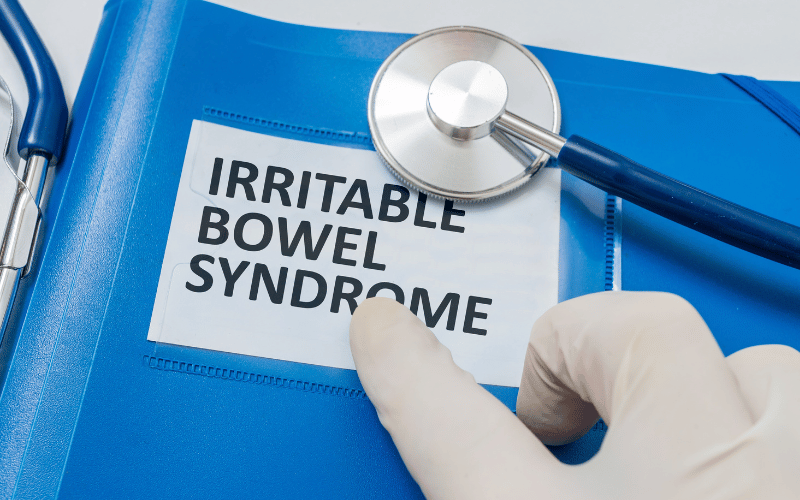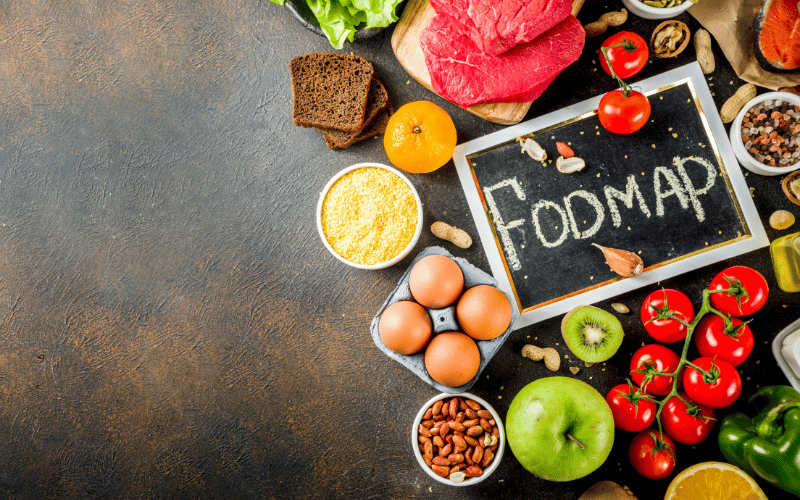Introduction: IBS in the Spotlight
Irritable Bowel Syndrome (IBS) stands as one of the most prevalent and perplexing gastrointestinal disorders of our time. Affecting a vast portion of the global populace, it remains a condition layered with complexities, both in understanding and management. As with many health conditions, the more we know, the better equipped we are to handle its challenges.

At the heart of the IBS conundrum is the burning question: what triggers this condition? Unraveling this mystery is essential not just for the medical community, but also for the countless individuals whose daily lives are affected. Multiple potential culprits, ranging from dietary habits to emotional stress, have been identified, each offering a piece to this intricate puzzle.
Though the symptoms of IBS are often discussed, it’s the underlying causes that hold the key to effective management and possible prevention. And while no two IBS cases are entirely alike, recognizing common triggers can pave the way for personalized treatment plans and improved quality of life.
As we delve deeper into the core causes of IBS in this article, our objective is clear: to equip readers with knowledge, dispelling myths and offering a beacon of hope. With an informed understanding, those affected can chart a course towards a more comfortable and predictable digestive future.
1. Dietary Triggers: How Foods Become Foes

In the realm of Irritable Bowel Syndrome, what one eats can significantly determine how one feels. While everyone’s tolerance varies, some foods emerge as common culprits behind IBS flare-ups. High-FODMAP foods, for instance, which include certain fruits, vegetables, and dairy products, have garnered attention in recent IBS discussions. FODMAPs—Fermentable Oligosaccharides, Disaccharides, Monosaccharides, and Polyols—are specific types of carbohydrates that can be hard for some to digest.
For many with IBS, consuming high-FODMAP foods can lead to increased gas, bloating, and pain. But it’s not just about these foods. Spicy delicacies, fried foods, or caffeine can equally be distressing for some IBS sufferers. It’s intriguing to note that what’s palatable to one person might be painful for another. Personal food diaries often reveal surprising insights into individual triggers, emphasizing the importance of personal awareness.
Moreover, it’s not just about specific foods; timing matters too. Consuming large meals or eating too quickly can exacerbate symptoms. Such behaviors put undue pressure on the gut, potentially leading to discomfort or flare-ups.
On the brighter side, awareness of these triggers can empower individuals to make dietary choices that suit their unique needs. Finding balance might require a few adjustments, but the result—a calmer gut—is often worth the effort. (1)